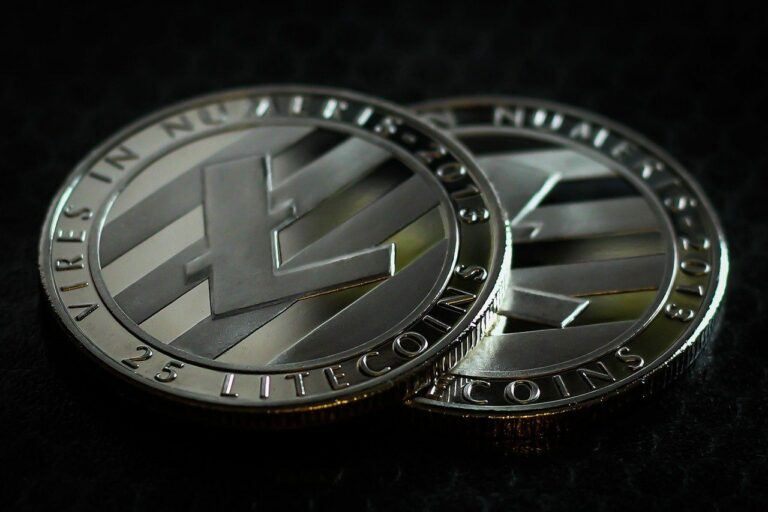Litecoin fees will fall by up to ten times, as part of changes in the upcoming version 0.17 of Litecoin, according to a post on the official Litecoin Medium. In the future, the average network fee will be Ł0.0001 per KB, as opposed to the current average of Ł0.001 per KB – $0.005 versus $0.05 at current prices, respectively.
The post detailed a current mismatch in the Litecoin ecosystem which has drawn attention to the issue of transaction fees, namely that fees remain relatively high even as demand for blockspace for transactions is low.
Fees are calculated per KB of memory usage in the blocks, and the post explained:
[c]urrently because the blocks aren’t full there is no need to pay higher fees, which is one reason why the move is being taken
Transaction sizes are based on the amount of transaction data they contain, rather than the amount of value being transferred. Some transaction sizes are less than one KB.
Adrian Gallagher, current lead Litecoin developer and the first hire of the Litecoin Foundation, said that the future intentions of Litecoin were to “lay down the foundation for a fee rate which we can grow into proactively rather [than] re-actively [sic]”. His remarks come in anticipation of the end of the current cryptoasset bear market, which he predicts will end in three to six months.
The post also touched on the idea of a fee market, which applies to many other cryptocurrencies as well as Litecoin. In the future, when block rewards begin to diminish, it will become necessary to incentivize mining in a different way, namely with transaction fees to transfer already-existing cryptocurrency, rather than creating or “minting” new currency.
Déjà Vu
The strange thing is, this issue is not new, nor in fact is this announcement.
The exact same “news” was announced by Litecoin creator Charlie Lee way back on January 17 – when litecoin’s daily price closed at $187. Lee, also back in January, discussed the incorporation of a fee market into the Litecoin code.
On January 6, Lee outlined intentions of hard-coding in a fee market, proposing that fee rates be stored in Litecoin block headers. If this were the case,, “[m]iners [would be able to] choose to not mine low fee transactions to signal to the market to increase the fees. This should help create a fee market” Adding “I’m convinced this will work”. This sounds a lot like Gallagher’s proactive-not-reactive aims.
Whatever the case, it would seem that this Litecoin upgrade has been in the works for some time.
Charlie Lee famously sold all of his Litecoin and later regretted it – although he added that “[he] didn’t actually have that many Litecoins” to begin with.









